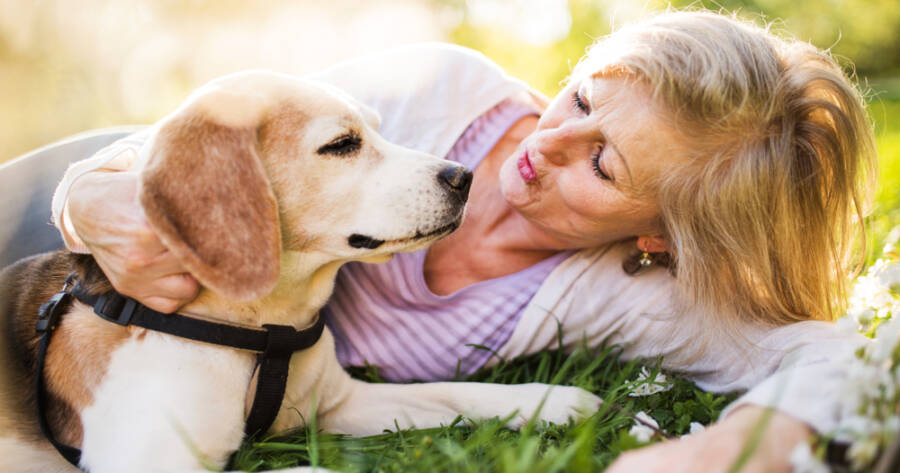As pets get older, their needs change but with a little extra care and attention, your senior dog or cat can stay happy, healthy, and full of life. From joint support to daily routines, small adjustments can make a big difference in their comfort and quality of life. Growing older doesn’t mean slowing down completely–it means supporting your furry friend through each stage with love, patience, and a few thoughtful upgrades to their care.
Schedule Regular Vet Visits (Even If They Seem Fine)
As pets age, they become more prone to health issues that aren’t always obvious at first. Regular checkups can help catch problems early and keep chronic conditions under control. Your vet can also recommend adjustments to diet, medications, or activity levels based on your pet’s needs.
Don’t wait for a visible issue to pop up. Senior pets benefit from proactive care, and even small changes in behavior, appetite, or energy could be signs of something worth checking out.
Support Their Joints and Mobility
Stiff joints, arthritis, and muscle loss are common as pets age but you can help them stay active with the right support. Look for orthopedic pet beds that cushion pressure points, use pet stairs or ramps to reduce jumping, and consider gentle daily walks or short play sessions to keep muscles moving.
Your vet may also suggest joint supplements like glucosamine or omega-3s, which can ease inflammation and support mobility. The goal isn’t to push them, it’s to keep them moving in ways that feel good and safe.
Adapt Their Diet for Aging Needs
Older pets may need different nutrients than they did in their younger years. Some require fewer calories to maintain a healthy weight, while others need more fiber, protein, or specific supplements for heart, kidney, or joint health.
Talk to your vet about age-appropriate food or special formulas for your pet’s specific conditions. And don’t forget about hydration! Older pets are more prone to dehydration, so be sure fresh water is always easy to access, especially for pets with mobility issues.
Keep Their Mind Engaged
Mental stimulation is just as important as physical activity. Boredom can lead to anxiety or depression in senior pets, so give them opportunities to use their brain. Puzzle toys, scent games, gentle training refreshers, or even a new walking route can help keep their minds sharp.
Cats may enjoy new window perches or rotating toys, while dogs often love slow walks where they can sniff and explore. Mental enrichment helps keep their spirit strong and strengthens your bond in the process.
Make Daily Life More Comfortable
Small adjustments at home can make a big difference. If your pet has trouble with slippery floors, lay down rugs or mats to give them traction. Keep their food, water, and bedding easily accessible, especially if stairs are involved.
Routine also becomes more important. Senior pets often feel more secure with predictable schedules for feeding, potty breaks, and bedtime. Keeping things consistent reduces stress and helps them navigate their day with confidence.
Be Patient and Stay Present
Aging comes with its share of slowdowns and changes but it also brings a deeper connection. Your senior pet may need more rest, more reassurance, or more help getting around, but they still have so much love to give.
Offer comfort when they need it, and pay attention to subtle changes in behavior. Aging isn’t just a phase to manage—it’s a season to cherish. With a little extra care, your older dog or cat can feel safe, supported, and loved every step of the way.
Aging Gracefully, Together
Caring for a senior pet is a special kind of love–one that’s quieter, more intentional, and deeply rewarding. With the right mix of attention, adjustments, and compassion, your aging companion can continue to thrive and enjoy life by your side. These golden years can be some of the most meaningful, and your care makes all the difference.

